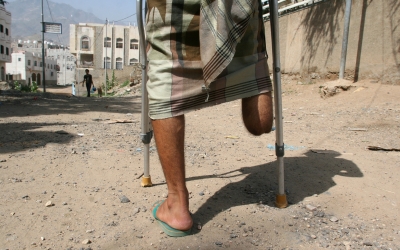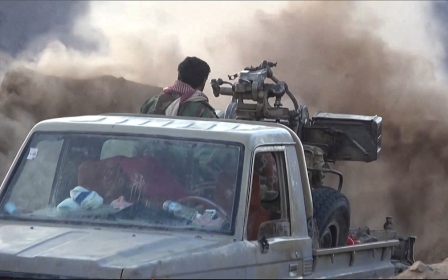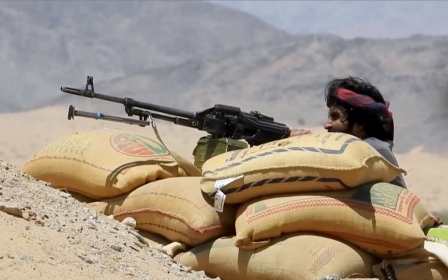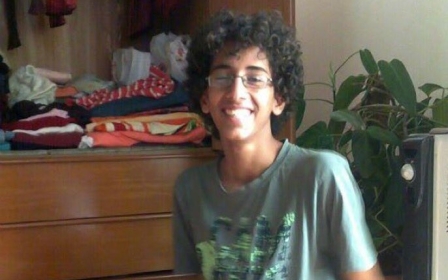Yemen: 10,000 children killed or maimed during war, UN says
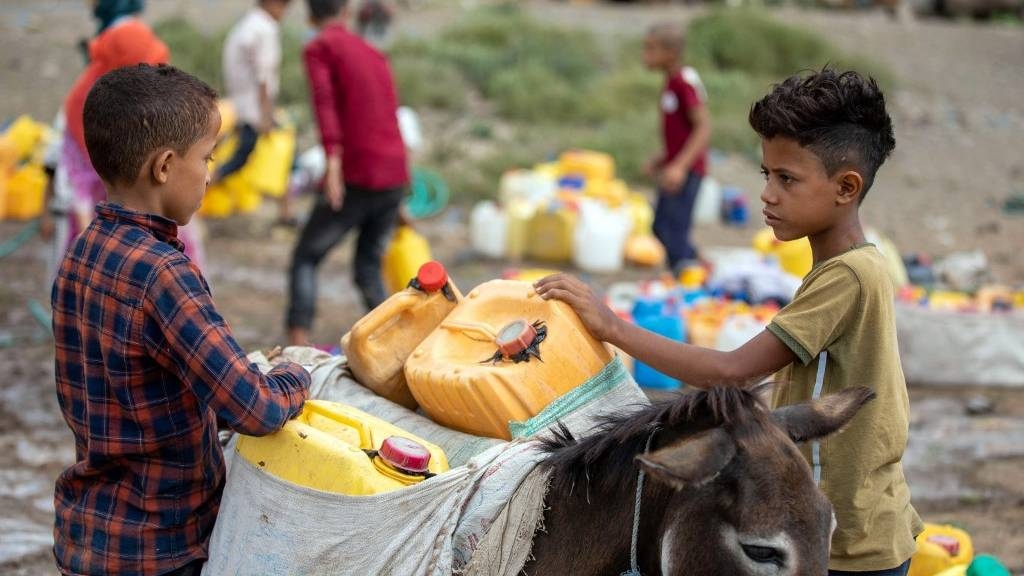
More than 10,000 children in Yemen have been killed or wounded in violence linked to years of war in the impoverished country, a spokesman for the United Nations International Children's Emergency Fund (Unicef) said on Tuesday.
According to the UN figures, a total of 3,455 children were killed and more than 6,600 wounded in the fighting in Yemen between 15 March 2015 and 30 September of this year.
New MEE newsletter: Jerusalem Dispatch
Sign up to get the latest insights and analysis on Israel-Palestine, alongside Turkey Unpacked and other MEE newsletters
Still, Unicef spokesman James Elder told reporters that the estimates provided by the international body are most likely an undercount of the real toll of children's deaths and injuries, which he said go largely unrecorded.
The new numbers, which amount to four to five children killed or maimed every day, are a "shameful milestone" since the Saudi Arabia-led coalition intervened in Yemen in 2015, Elder said.
More than four in five children require humanitarian assistance, which amounts to some 11 million kids, according to Unicef.
In addition to the violence, Elder said many Yemenis are starving not because of a lack of food, but from a lack of money to buy it.
"They are starving because adults continue to wage a war in which children are the biggest losers," he said. "Yemen is the most difficult place in the world to be a child. And … it is getting worse."
The World Food Programme warned last month that unless the international community steps up its support for the country, food assistance in Yemen will begin to run out.
The UN has long considered Yemen as home to the world’s worst humanitarian crisis, as heavy artillery and air strikes have hampered access to health care and increased pressure on the few facilities that are still functioning.
The country faces the combined troubles of protracted conflict, economic devastation, and crumbling social and health services, as well as underfunded UN assistance programmes.
The conflict in Yemen erupted in September 2014 when the Houthis seized the capital, Sanaa, sparking a civil war that forced President Abd Rabbu Mansour Hadi to seek refuge in Aden and then Saudi Arabia.
The kingdom and its regional allies, including the United Arab Emirates and Bahrain, intervened in March 2015 and have since carried out more than 22,000 air strikes in an effort to roll back the Houthis, with one-third striking non-military sites - including schools, factories and hospitals, according to the Yemen Data Project.
The conflict has seen more than 230,000 people killed, an estimated four million displaced, and has left 80 percent of the country's 29 million people dependent on aid for survival, according to the UN.
Middle East Eye delivers independent and unrivalled coverage and analysis of the Middle East, North Africa and beyond. To learn more about republishing this content and the associated fees, please fill out this form. More about MEE can be found here.


